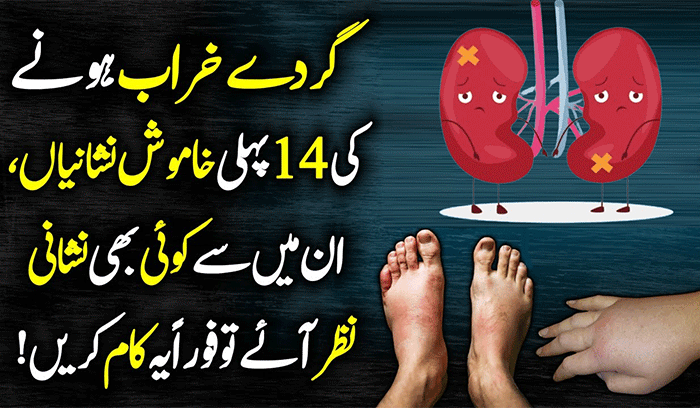Introduction
Women’s health encompasses a wide range of physical, mental, and emotional aspects that contribute to overall well-being. However, various health issues can affect women differently throughout their lives. Understanding the top 10 women’s health issues and implementing effective solutions is essential for promoting women’s well-being and empowering them to lead healthy lives.
1. Reproductive Health
Reproductive health issues, including menstrual irregularities, polycystic ovary syndrome (PCOS), infertility, and menopause-related symptoms, are common concerns for women. Regular gynecological check-ups, healthy lifestyle habits, and medical treatments can help manage reproductive health issues and support fertility.
2. Breast Health
Breast health is crucial for women, as breast cancer is one of the most prevalent cancers worldwide. Breast self-exams, clinical breast exams, mammograms, and genetic counseling can help detect breast cancer early and improve treatment outcomes. Maintaining a healthy weight, limiting alcohol consumption, and avoiding smoking can also reduce the risk of breast cancer.
3. Cardiovascular Health
Heart disease is the leading cause of death among women globally, yet it is often overlooked as a women’s health issue. Women should prioritize cardiovascular health by maintaining a healthy diet, engaging in regular exercise, managing stress, and monitoring blood pressure and cholesterol levels. Quitting smoking and limiting alcohol intake can also lower the risk of heart disease.
4. Mental Health



Mental health disorders such as depression, anxiety, and eating disorders disproportionately affect women. Seeking professional help, practicing self-care, maintaining social connections, and participating in therapy or support groups can help manage mental health issues and promote emotional well-being.
5. Reproductive Rights
Access to reproductive healthcare services, including contraception, family planning, prenatal care, and safe abortion, is essential for women’s well-being and autonomy. Advocating for reproductive rights, supporting policies that protect access to healthcare, and promoting comprehensive sex education can empower women to make informed choices about their reproductive health.
6. Bone Health
Osteoporosis, a condition characterized by weakened bones and increased risk of fractures, is more common in women, particularly after menopause. Consuming an adequate calcium-rich diet, engaging in weight-bearing exercises, quitting smoking, and limiting alcohol intake can help maintain bone density and reduce the risk of osteoporosis.
7. Sexual Health
Sexual health encompasses physical, emotional, and social well-being related to sexuality and sexual relationships. Practicing safe sex, communicating openly with partners, seeking regular STI screenings, and addressing sexual dysfunction or discomfort with healthcare providers can support sexual health and satisfaction.
8. Cancer Prevention
Aside from breast cancer, women are also at risk for other types of cancer, including cervical, ovarian, and uterine cancer. Regular screenings such as Pap smears, HPV tests, and pelvic exams can help detect cancer early when treatment is most effective. Lifestyle factors such as maintaining a healthy weight, exercising regularly, and avoiding tobacco can also reduce cancer risk.
9. Nutrition and Diet
A balanced diet rich in fruits, vegetables, whole grains, lean proteins, and healthy fats is essential for women’s health and well-being. Proper nutrition supports energy levels, hormone balance, immune function, and overall vitality. Consulting with a registered dietitian or nutritionist can help women develop personalized dietary plans to meet their nutritional needs.
10. Access to Healthcare
Access to affordable, comprehensive healthcare services is vital for addressing women’s health issues and promoting preventive care. Supporting policies that expand healthcare coverage, advocating for equal access to healthcare resources, and addressing disparities in healthcare access based on race, ethnicity, socioeconomic status, or geographic location can help ensure that all women have access to the care they need to thrive.
Conclusion
Women’s well-being is influenced by a variety of factors, including reproductive health, breast health, cardiovascular health, mental health, reproductive rights, bone health, sexual health, cancer prevention, nutrition and diet, and access to healthcare. By raising awareness of these top 10 women’s health issues and implementing effective solutions, we can empower women to prioritize their health, advocate for their needs, and lead fulfilling lives.







